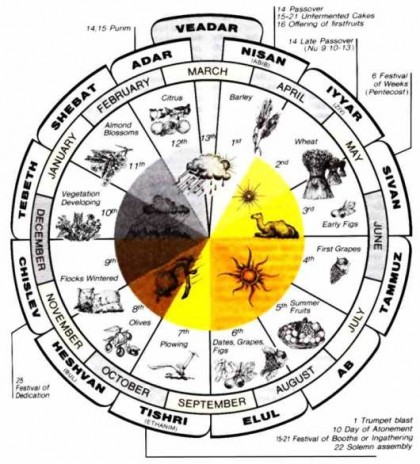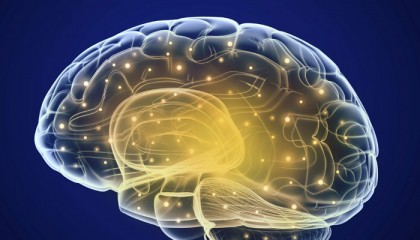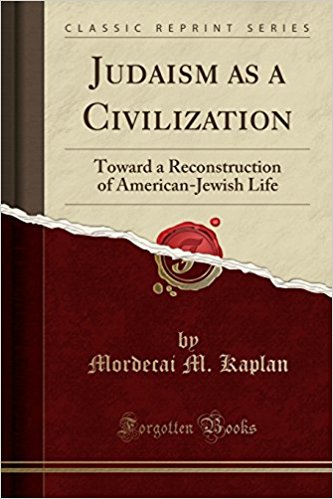Lughnasa (last day) Harvest (new) Moon

Rosh Hashanah service last night. Lots of Days of Awe alumni showing up at the synagogue. These are long services during the High Holydays, this one running almost two hours. There are, however, a lot of songs, readings, standing and sitting, so the time passes quickly.
The mahzor (prayer book for high holidays), has several interesting components. It includes, for example, poetry by Mary Oliver, Rainer Marie Rilke, and Y. Yeuvenshko. The Mary Oliver poem ends with a favorite Woolly Mammoth quote from her work: What will you do with your one wild and precious life? Which is apropos of the High Holydays since this is a time in the Jewish calendar for repentance, teshuvah (returning), closing off the last year and coming clean and free into the new one.
The mahzor also explains the High Holydays as a principle event for Jews as a community of memory. This really struck me last night, especially when Rabbi Jamie quoted from the Shema, “Hear, Israel, the Lord is our God, the Lord is One.”
 “That’s us,” he said, sweeping his hand around the room. Of course, it’s not me, but I took the point. Israel, those Jews in the sanctuary at Beth Evergreen and in Rosh Hashanah services around the world last night, and those Jews not in the services, too, is a community which celebrates its most important memories every Sabbath with a parsha reading, a segment of the Torah.
“That’s us,” he said, sweeping his hand around the room. Of course, it’s not me, but I took the point. Israel, those Jews in the sanctuary at Beth Evergreen and in Rosh Hashanah services around the world last night, and those Jews not in the services, too, is a community which celebrates its most important memories every Sabbath with a parsha reading, a segment of the Torah.
I feel privileged, and grateful, for the chance to live out my religious life at Beth Evergreen, within, but not of, this community of memory. Rabbi Jamie also said last night that the Jewish calendar focuses on helping each Jew become a better human. I get it and I’m following it, too. I am, after all, a human. What better way to start a new year than to focus on repentance for missing the mark of your best self in the last one? Then, figuring out, through mussar, for example, how to work a little harder on finding your best self in the upcoming one.
 This is reconstructionist Judaism, an explicitly non-supernatural religion that nonetheless adheres to the traditions and customs of Jewish civilization, including Torah study, sabbath observance, comforting mourners, repairing the world and doing acts of loving kindness.
This is reconstructionist Judaism, an explicitly non-supernatural religion that nonetheless adheres to the traditions and customs of Jewish civilization, including Torah study, sabbath observance, comforting mourners, repairing the world and doing acts of loving kindness.
Over the last week or so I’ve begun wondering if my reimagining faith project is really a reconstructing faith project? No, I don’t mean to use Judaism as a base, not at all, but it did occur to me that the methodology suggested by the idea of reconstruction might be stronger for my purposes than reimagining. Still thinking.
